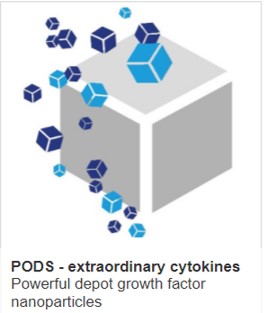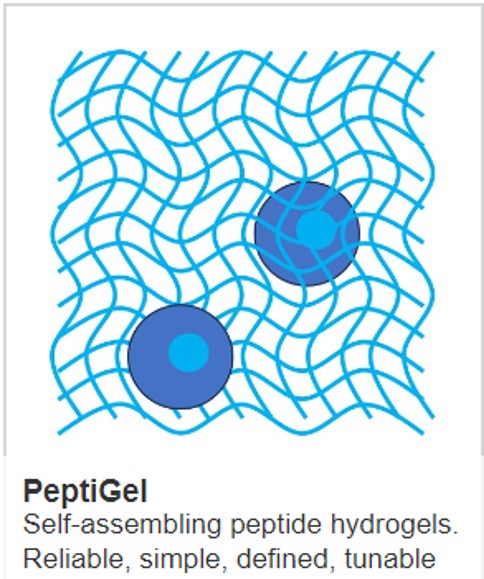Meat too: Frankenfood or future food?

Using bioreactors to generate seafood or meat is horrific or exciting, depending on your point of view. As with genetically modified food, attitudes differ markedly between countries.
As the world grapples with the challenges of feeding a growing population sustainably, cultured meat—also known as lab-grown or cell-based meat—has emerged as a promising solution. This innovative approach to meat production involves cultivating animal cells in a controlled environment, offering the potential to reduce the environmental and ethical impact of traditional livestock farming. However, public acceptance of cultured meat varies significantly across different regions. We explore the geographical landscape of public acceptance, ranking countries in terms of positive, neutral, and negative attitudes towards cultured meat.
Positive Acceptance
- Singapore: Singapore, wishing to increase food security, leads the world in the acceptance of cultured meat, being the first country to approve its sale. The government’s proactive stance on food innovation and sustainability has also fostered a positive public perception. Singaporeans are generally open to technological advancements in food, viewing cultured meat as a viable and sustainable alternative.
- Netherlands: As a hub for food technology and innovation, famously the home of the first cultured meat burger, the Netherlands has shown a strong positive attitude towards cultured meat. Dutch consumers are increasingly aware of the environmental and ethical benefits, and the country’s investment in research and development has bolstered public confidence.
- United States: In the United States, public acceptance of cultured meat is growing, particularly among younger, environmentally-conscious consumers. The country is home to several leading cultured meat companies, and there is a strong interest in sustainable food solutions. Notably, the US has already embraced genetically modified (GM) foods in a way that Europe, for examples, has not. While some scepticism remains, the trend is towards increasing acceptance as awareness and availability grow.
Neutral Acceptance
- United Kingdom: In the UK, public opinion on cultured meat is mixed. While there is a significant interest in sustainable food practices, cultural and traditional food preferences play a role in shaping attitudes. The UK government and food industry are actively exploring the potential of cultured meat, which may shift public perception towards a more positive stance over time.
- Australia: Australians exhibit a neutral stance towards cultured meat, with a balance of curiosity and caution. The country’s strong agricultural sector and traditional meat consumption patterns influence public opinion. However, increasing awareness of environmental issues and animal welfare is gradually opening minds to the possibilities of cultured meat.
- Germany: In Germany, the public is divided on the issue of cultured meat. While there is a strong environmental movement that supports sustainable food innovations, there is also a significant portion of the population that remains sceptical about lab-grown products due to concerns about naturalness and food safety. As awareness and education about the benefits of cultured meat increase, public acceptance may shift towards a more positive outlook.
- Saudi Arabia: Saudi Arabia is investing in food security and sustainability as part of its Vision 2030 initiative. This includes exploring innovative food technologies like cultured meat. The government’s support for such technologies could positively influence public perception. As with other Islamic countries, the certification of cultured meat as halal is also a key consideration
- China: Chinese consumers are becoming increasingly aware of the environmental impact of traditional meat production and the health implications of meat consumption. Cultured meat is seen as a potential way to address these concerns, which could lead to greater acceptance. While there is a strong tradition of meat consumption in China, there is also a growing openness to food innovation and technology. Urban, younger, and more educated consumers are particularly receptive to new food products that promise sustainability and health benefits.
Negative Acceptance
- France: In France, the acceptance of cultured meat is relatively low. The country’s strong culinary traditions and emphasis on natural, high-quality food contribute to scepticism about lab-grown alternatives. French consumers often prioritize taste and authenticity, which can pose challenges for the acceptance of cultured meat.
- Italy: Similar to France, Italy’s rich culinary heritage and emphasis on traditional food practices result in a more negative perception of cultured meat. Italian consumers are generally cautious about food innovations that deviate from established norms, and there is a strong preference for conventional meat products.
- Japan: In Japan, while there is interest in technological advancements, the acceptance of cultured meat is still in its early stages. Cultural preferences for traditional food and concerns about the taste and texture of lab-grown meat contribute to a more hesitant attitude. However, Japan’s focus on food security and innovation may gradually influence public opinion.
The global landscape is evolving. As with GM foods, once battle lines are drawn, attitudes can fix and it will likely be difficult to change positive or negative attitudes to cultured meat.
IMAGE: Italian Sausages CREDIT Steven Depolo
Other blog posts on cultured meat
Cells, gels and wells: the rise of 3D bioprinting
Cellular agriculture starts-up
Cultured insect cells: making insects palatable
Input materials for cultured meat
Reducing growth factor costs for cultured meat production
Transdifferentiation: Midas touch promises riches
We'll meat again: diets are becoming more cultured



